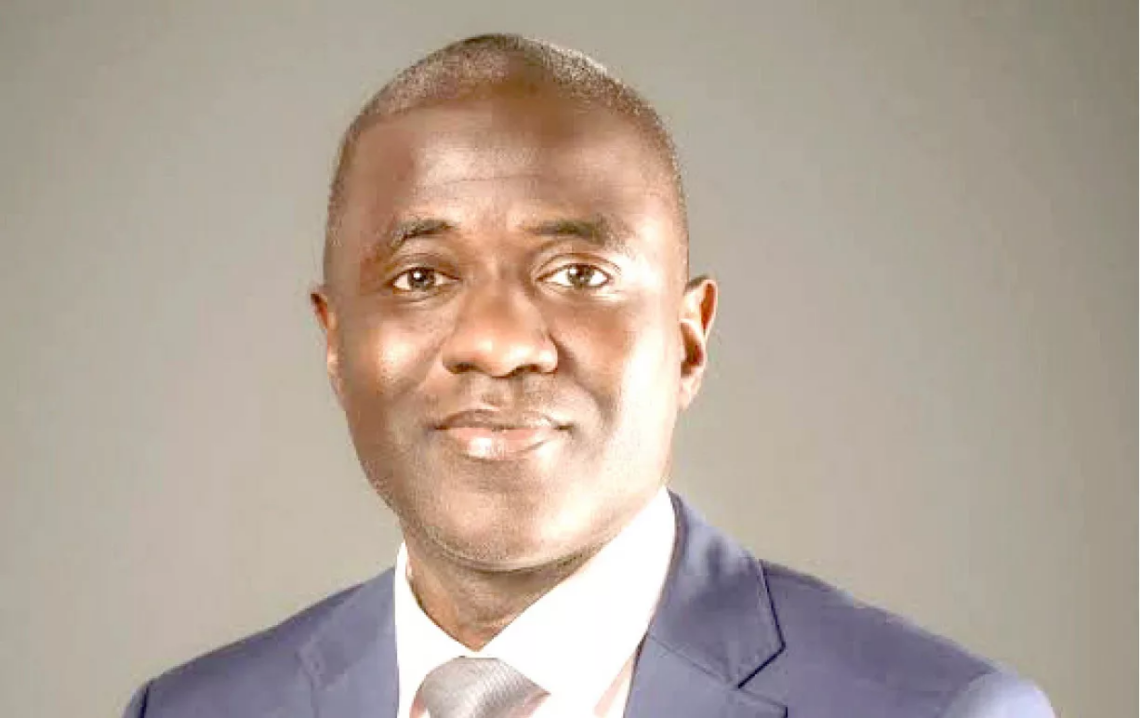Nigeria requires ubiquitous broadband infrastructure, to ensure the delivery of optimal telecommunications services in Nigeria, which would boost productivity, unlock hidden value and accelerate Nigeria’s digital progress.
The National Broadband Plan NBP (2020-2025) sets ambitious objectives, including achieving internet speeds of 15Mbps in rural areas and 25Mbps in urban areas by 2025. Additionally, it aims for the interconnection of 90 per cent of all Local Government Areas by fiber and seeks to attain 70 per cent population penetration.
To this end, the Nigerian Communication Commission (NCC) stated that Nigeria needed to double its investment in telecommunications infrastructure from $ 86 billion to $ 136 billion to bridge the infrastructure deficit, as large segments of the population, particularly in unserved (primarily rural) and underserved areas, still lack access to essential telecommunication services.
As of 2023, Nigeria had deployed 78,676 kilometres of fibre optic cable with most concentrated in urban areas like Lagos (7,864.60km), Edo (4,892.71km), FCT (4,472.03km), Ogun (4,189.18km), and Niger (3,681.66km). Fibre optic cables are vital to connectivity because they bring network capacity closer to subscribers.
The executive vice chairman, NCC, Dr. Aminu Maida, at the second edition of the West Africa Telecoms Infrastructure Summit and Exhibtion (WATISE), with the theme: ‘Shaping the future of the telecoms infrastructure industry: Trends and Insights for a Digital Economy’ and organised by TechnologyMirror, in Lagos, said telecommunications infrastructure is the backbone of the digital economy, facilitating seamless connectivity and supporting a range of services from basic voice calls to high-speed internet and cloud computing.
The EVC stated that Nigeria, with one of the largest populations of young people globally, is rapidly evolving into a digital-first nation; this transformation is underpinned by a telecom infrastructure that has seen exponential growth over the past two decades. “Today, we boast over 219 million mobile subscribers and a burgeoning tech-savvy population eager to harness digital technologies,” he added.
He stated that the rapid growth of the digital economy demands robust, scalable, and secure telecommunications infrastructure disclosing that there are several key trends that are poised to shape the future of telecom infrastructure.
According to Maida, the rollout of 5G networks is a transformative trend in telecoms infrastructure, adding that 5G promises significantly higher speeds, lower latency, and greater capacity, facilitating new applications such as IoT (Internet of Things), autonomous vehicles, smart cities and advanced augmented reality.
However, while the industry growth has been remarkable, Maida posited that it has not been without its challenges, while listing issues such as uneven service distribution, infrastructural deficits, and regulatory uncertainties, as challenges that have occasionally hindered progress in the industry. Yet, each challenge also presents a unique opportunity for growth and innovation, he added.
For instance, a recent analysis has revealed that telecom operators lost a significant amount of money in 2023 as a result of spending N27 billion to repair broken cables. Documents obtained by Bloomberg revealed that the majority of the expenditures were borne by MTN Nigeria, the largest cellular provider in the most populous country in Africa, and Airtel Africa Plc.
Bridging The Gap
Maida, averred that the Commission has done a lot of stakeholders’ engagement, gathering data and looking at the impact in terms of cost when it comes to damages done to fibre infrastructure and how much of service disruption it is creating for the sector.
However, with broadband penetration at 43.08 per cent as of February 2024, securing existing infrastructure is crucial for growth, Maida averred, adding that, “We need to build a reliable telecom industry with impressive quality of service indicators with quality of experience as our watchword and ultimate goal. This also requires us to address several issues such as the Right of Way challenge, ensuring the security of our telecom infrastructure, among others.”
Maida, who was represented by the head of Next Generation Technology and Standard at the NCC, Engr Victor Adoga, at the WATISE conference, however suggested that the telecoms operators must take consider strategic actions to stay in business, adding that collaboration which is partnerships between government, industry, and academia can drive innovation and development.
He added that innovative financing models, investment in human capital, focus on sustainability, integration with AI and machine learning, developing smart infrastructure, crucial investing in rural telecom infrastructure and making digital literacy a key component of educational programs, are crucial in bridging the infrastructure gap in the ICT space.
“Partnerships between government, industry, and academia can drive innovation and development. Such collaborations can lead to shared infrastructure models that reduce costs and improve service delivery,” he stated.
Developing telecom infrastructure requires significant capital, even as the EVC has advocated for Public-Private Partnerships, infrastructure funds, and innovative financing models like infrastructure as a service (IaaS) to meeting financial demands.
Developing local talent is also crucial, hence the need to nurture a generation of ICT specialists who are equipped to handle the complexities of a digital economy, Maida averred.
To sustain investments in the ICT space, the EVC suggested that operators should be environmentally minded and also ensure to build systems that are economically and socially sustainable.
“Integration with AI and machine learning is crucial as AI can optimise network management, predict maintenance needs, and enhance customer service through automation and advanced analytics.
“As cities become smarter, telecom infrastructure must evolve to support an array of smart city applications, from traffic management systems to public safety solutions. We must ensure that the benefits of the digital economy reach all corners of Nigeria. This includes investing in rural telecom infrastructure and making digital literacy a key component of our educational programs,” he advised.
On his part, the chief executive officer of WTES Projects Limited, Mr Chidi Ajuzie said there is deluge of connectivity from submarine cable landings linking Nigeria to Europe and rest of the world.
While there is no centrally managed national transmission backbone, Ajuzie stated that licensed operators have, over the years, built transmission networks to meet their own needs, often duplicated on most routes.
He disclosed that the Universal Service Provision Fund (USPF) has carried out a detailed study to characterize basic telephony and ICT gaps in the country, identifying 97 clusters with varying population densities and a cumulative population of about 27.91 million that suffer from significant connectivity services gaps. Digital broadband gap is even more, estimated at over 100 million population, he added.
To reap the benefits of broadband, Ajuzie suggested that there is need to close the clear gaps existing in the metro middle- and last-mile segments of the connectivity value chain. New Connectivity will be required to bridge the gaps and meet the National Broadband targets, he affirmed.
Head Network and Solutions, at Information and Communications Services Limited (ICSL), Tinuade Oguntuyi, said that that rural areas need better network services for proper communication and development, while urging government to support network service providers to reach more rural places as they are also full of great potentials for the growth of the nation.
On his part, a local content ICT advocate Ahmad Tijani, commended federal government projects to connect the rural dwellers and harped on the need to carry the local government leaders along.
Tijani who represented by the national secretary, Association for Information and Communication Technology on Local Content (ICTLOCA), Dr. Adebunmi Adeola Akinbo, cited the challenge of data gathering which can be sorted by the local government, calling on the grassroots to add value to the nation growth.





